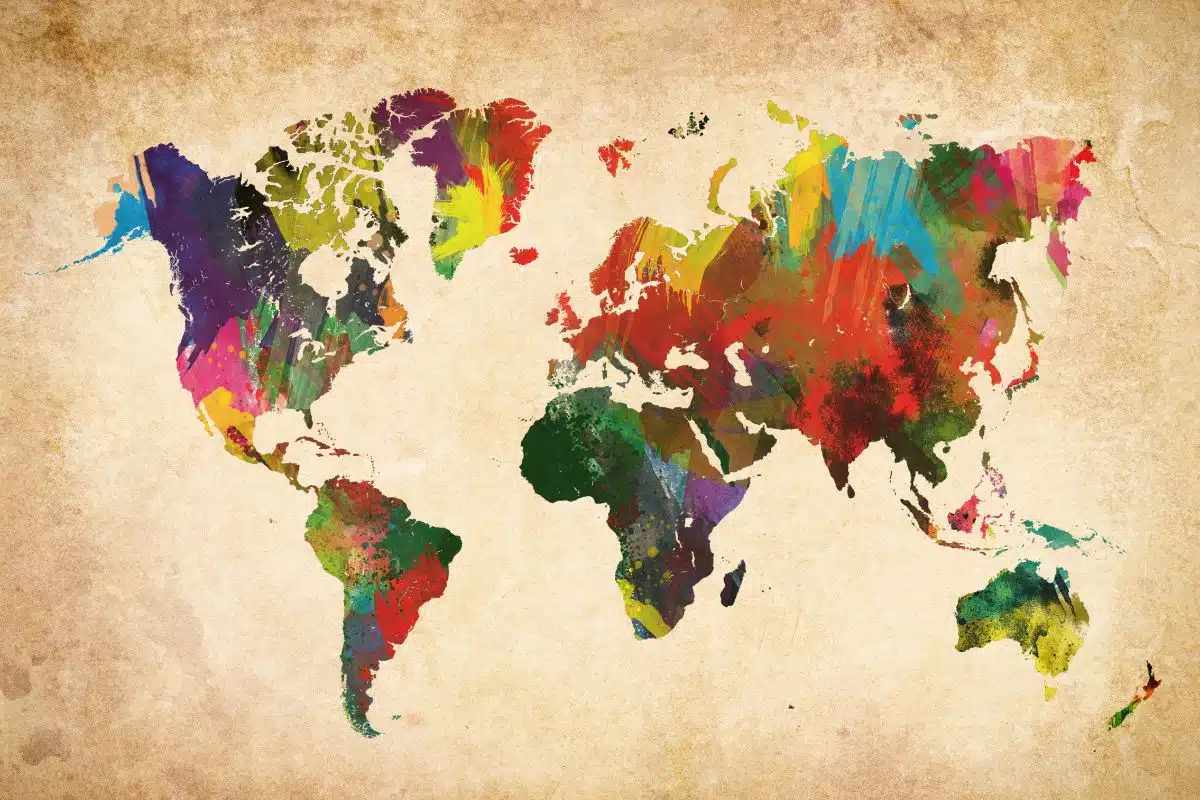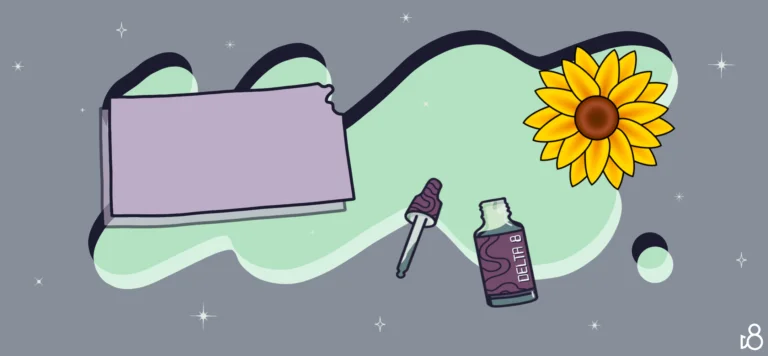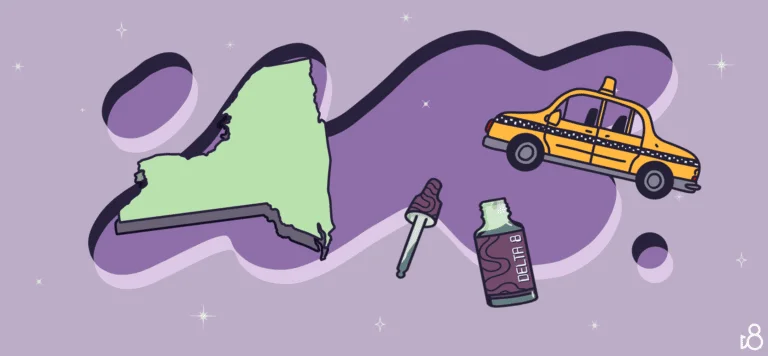Countries Where Marijuana is Legal: A Comprehensive Global Overview
Marijuana legalization is the hot topic on everyone’s lips. Across the globe, nations are carving their own routes, influenced by their distinct cultures, social standards, and health matters. Certain places are really shaking things up, relaxing the rules around cannabis, and setting up rules for growing, selling, and enjoying it. This shift is sparking tons of debates about how it’s reshaping their societies.
Among the countries that have legalized marijuana, Uruguay stands out as the first to fully regulate its legal market in 2013. This progressive policy has attracted the attention of researchers and lawmakers from around the world, who are now observing the outcomes of this decision on public health and safety. Moreover, other nations such as Canada have also opted for a more lenient approach towards marijuana, making it the first developed country to legalize its recreational use.
As more countries consider revising their marijuana laws, it is essential to carefully evaluate the potential consequences on public health, safety, and economic growth. By analyzing the experiences of nations that have already taken steps towards legalization, a more informed understanding of the benefits and drawbacks of such policies can be achieved, ultimately guiding future decisions on the legal status of cannabis.
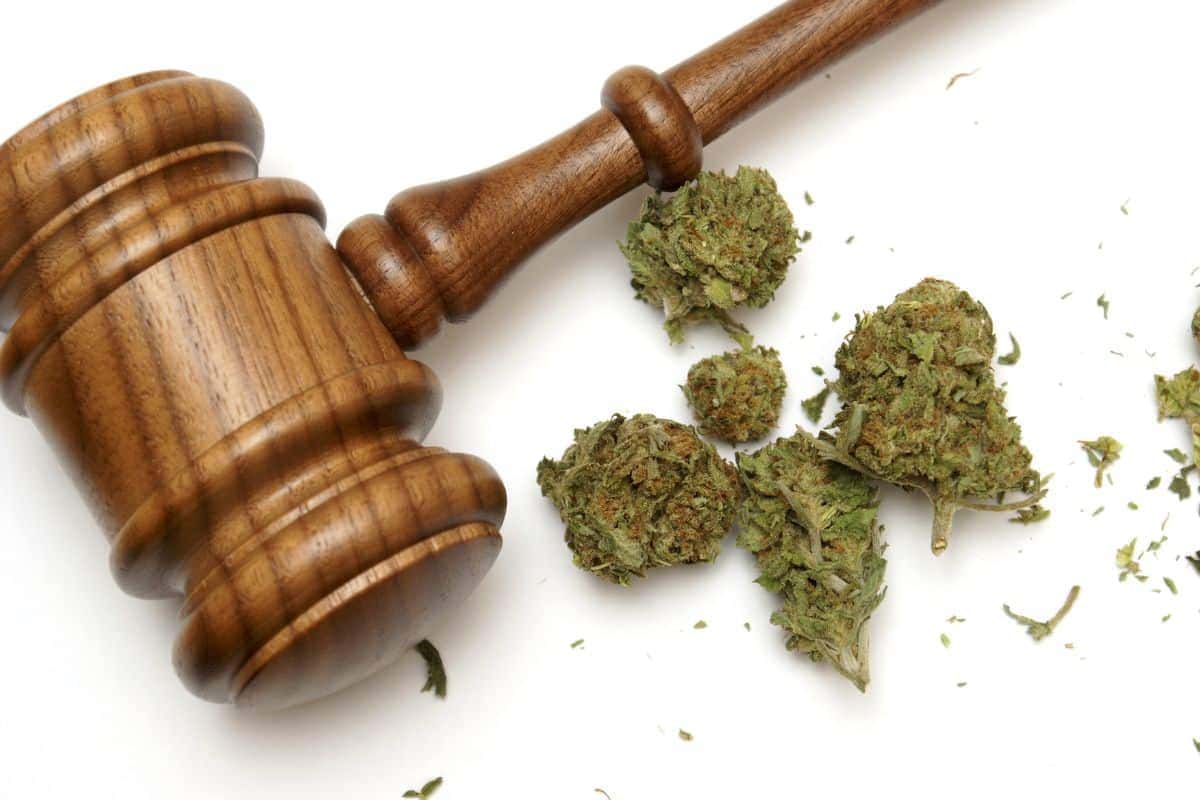
Global Overview of Marijuana Legalization
Marijuana regulations vary significantly around the world, with some countries allowing for both recreational and medical usage, while others maintain strict prohibition. In recent years, an increasing number of nations have implemented legalization or decriminalization policies, reflecting a changing global stance towards cannabis.
In Canada, the Cannabis Act came into effect in October 2018, permitting the legal use of marijuana for both medical and recreational purposes. This monumental move made Canada the second country in the world, following Uruguay, to legalize recreational cannabis.
Uruguay became the first country to legalize recreational marijuana use in 2013. The law allows citizens to cultivate, distribute, and consume cannabis, albeit under specific limits and regulations. Individuals must register with the government to access legal cannabis, and there are restrictions on non-residents purchasing the plant.
In the United States, the regulation of marijuana remains complex due to the differing laws between states and the federal level. While cannabis is still illegal federally, several states have legalized its use for recreational and/or medical purposes. It is essential to remember that the legal status of marijuana can vary from state to state and is subject to change.
Some European countries have also made significant strides in cannabis reform. Portugal decriminalized the possession of small amounts of marijuana in 2001, focusing on treatment and education rather than punishment. This policy has been praised for its positive impacts on public health and drug-related crime rates. Other European countries, like the Netherlands, Spain, and Germany, have implemented varying forms of decriminalization, legalization, or tolerance for medical and, occasionally, recreational use.
Many nations have also legalized the use of cannabis for medical purposes, recognizing its potential therapeutic benefits. Countries such as Australia, Israel, and some European nations have introduced medical marijuana programs. These programs typically require patients to obtain prescriptions from qualified healthcare professionals and follow specific regulations regarding use and possession.
In summary, while marijuana remains illegal in many parts of the world, there is a global trend towards relaxing regulations and embracing its use for medical and, at times, recreational purposes. The legal status of marijuana varies across countries, as well as within states or provinces, and is subject to change.
Americas: Marijuana Legalization Status
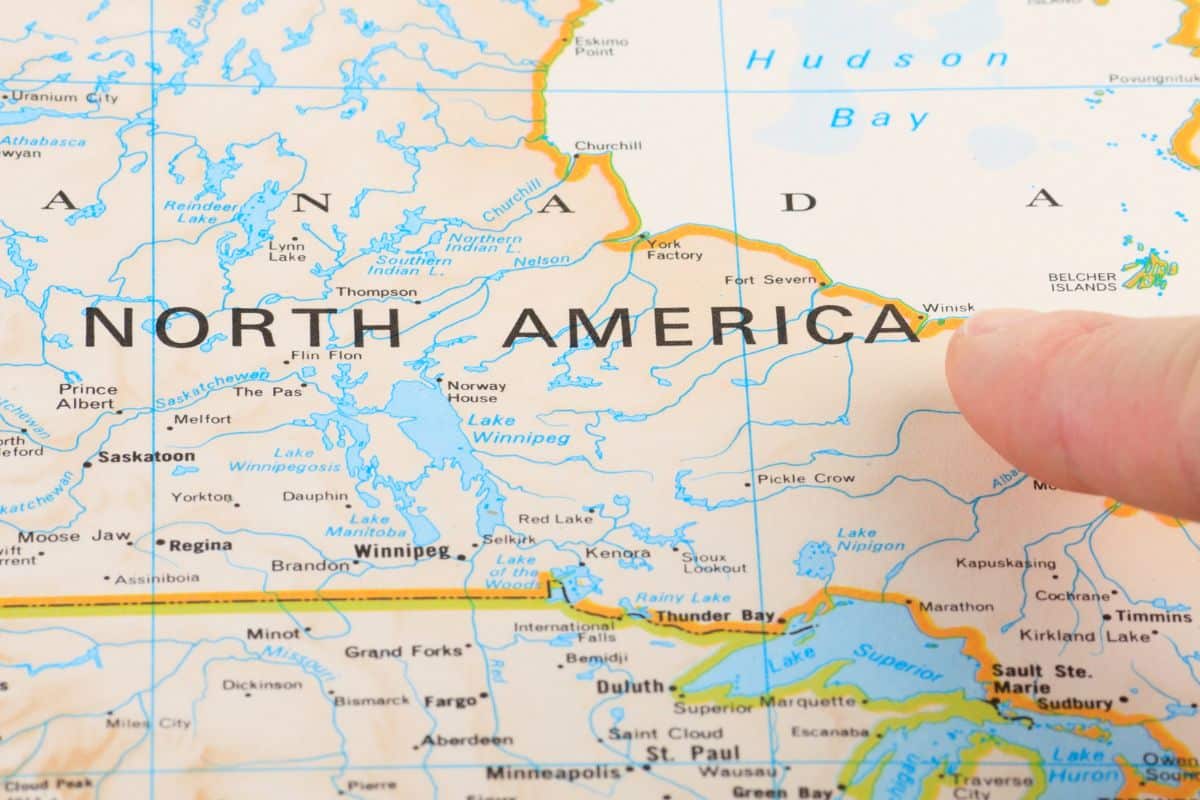
North America
In the United States, marijuana legalization varies by state. Although still illegal under federal law, many states have legalized marijuana for medical use, and some have also legalized it for recreational use. As for Canada, it became the second country in the world to fully legalize marijuana for recreational use in October 2018. This includes the regulation and sale of cannabis products.
Mexico, on the other hand, has decriminalized small amounts of marijuana and legalized medical use in 2017. However, it is worth noting that the country’s Supreme Court has declared that prohibiting recreational use is unconstitutional, paving the way for potential future legalization.
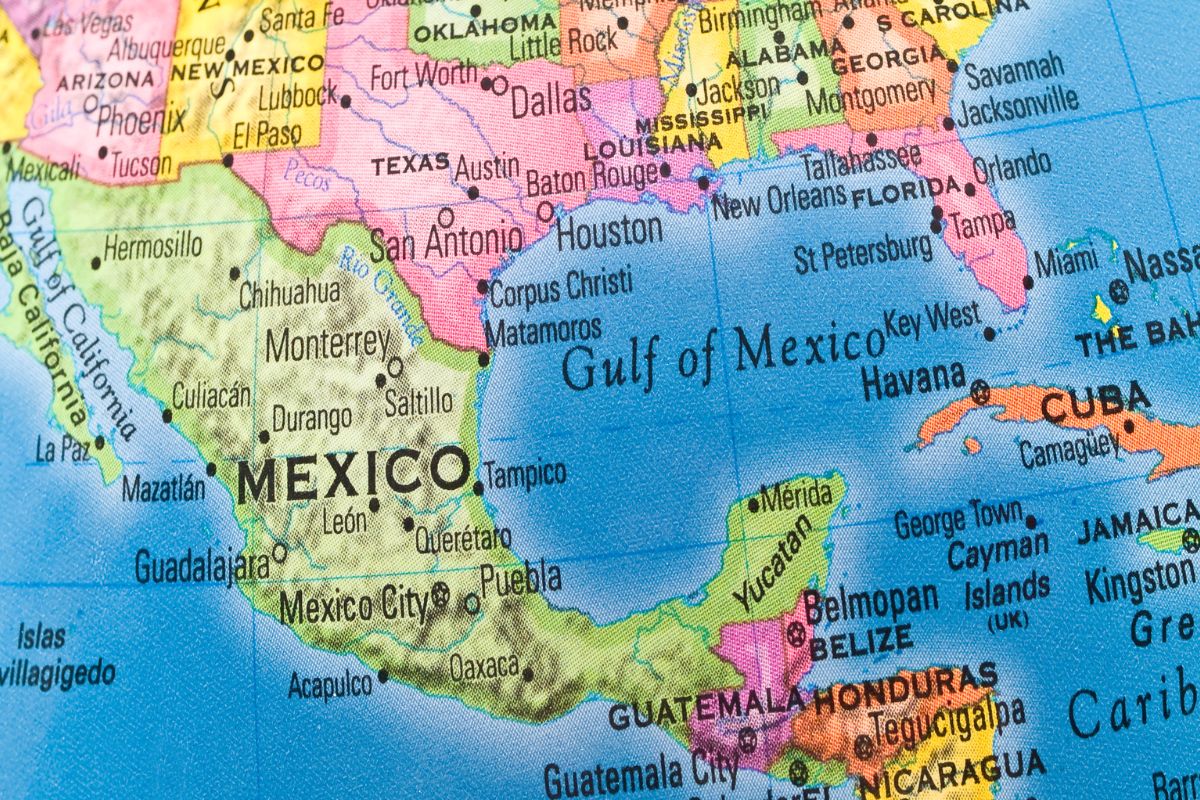
Central and South America
Uruguay became the first country in the world to fully legalize marijuana for recreational use in 2013. The country’s legalization policy includes a regulated market for production and sale, as well as a system for users to register with the government.
Argentina has also made significant strides in marijuana legalization, with the medical use of cannabis products being legal since 2017. However, recreational use remains illegal in the country.
In Colombia, marijuana possession for personal use has been decriminalized, and the country legalized medical marijuana in 2015. Additionally, the cultivation of up to 20 plants for personal use is allowed. Similarly, Ecuador has decriminalized small amounts of marijuana for personal use.
Jamaica is unique in its relationship with marijuana due to its association with the Rastafari movement and its long-standing cultural significance. The country has decriminalized possession of small amounts for personal use, and has permitted the cultivation of up to five plants per person. Furthermore, Rastafarians are legally allowed to use marijuana for religious purposes.
Finally, Belize decriminalized possession of small amounts (up to 10 grams) of marijuana in 2017, but cultivation and sales remain illegal in the country.
Europe and Marijuana Policies
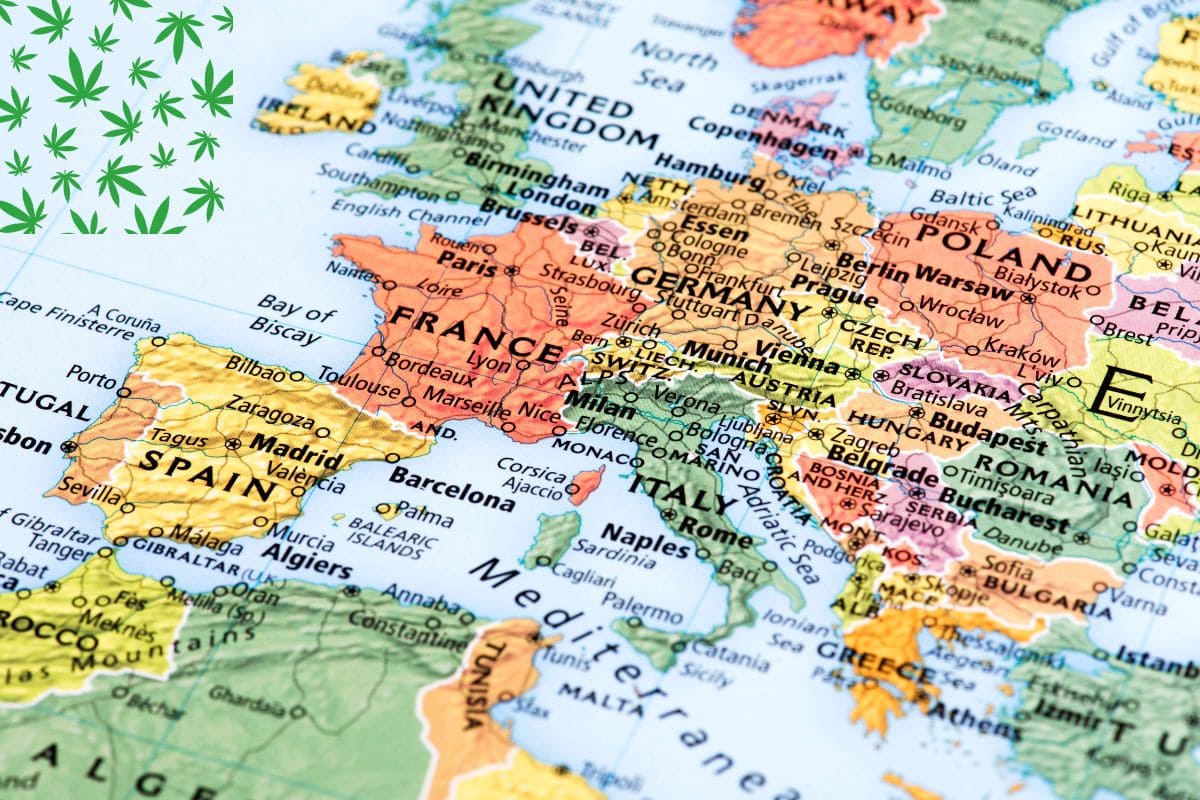
Western Europe
In Western Europe, various cannabis policies can be found, ranging from tolerance to strict prohibition. In the Netherlands, for example, the sale and consumption of cannabis are tolerated in licensed “coffeeshops” even though cannabis remains illegal. Dutch cannabis policies are often seen as the most lenient in the region, resulting in a thriving legal and social framework surrounding their use. In contrast, countries like Germany and Belgium maintain stricter cannabis laws, where personal use and possession are considered punishable offenses.
Portugal, on the other hand, has adopted a unique approach in dealing with cannabis use. Since 2001, the country has decriminalized all drugs, including cannabis, and focuses on a health-based approach rather than criminalizing users. Possession of small amounts of cannabis for personal use is not subject to criminal penalties, but users may still face administrative fines or treatment referrals. Spain and Italy follow similar paths, with the establishment of cannabis social clubs and support for medical use, respectively.
Eastern Europe
Eastern European countries generally have stricter cannabis policies compared to their western counterparts. However, some nations have taken steps towards more lenient cannabis regulation. For instance, the Czech Republic and Malta have both decriminalized possession of small amounts of cannabis for personal use. In the Czech Republic, individuals can carry up to 15 grams of cannabis without facing criminal penalties, whereas in Malta, possession of up to 7 grams is considered a civil infraction with fines instead of imprisonment.
Other Eastern European countries maintain policy stances that range from mostly strict to more permissive. In Denmark, for example, cannabis remains illegal, but the capital city of Copenhagen has shown interest in allowing for the legal sale and use of the substance. This reflects an ongoing debate within the country, where cannabis policy reform is a topic of considerable discussion.
It is important to note that while some European countries demonstrate progressive or tolerant approaches to cannabis, the possession, cultivation, and distribution of THC-rich cannabis products remain generally prohibited throughout the EU. Additionally, cannabis policies across Europe remain subject to change, as public opinion and regulatory landscapes evolve over time.
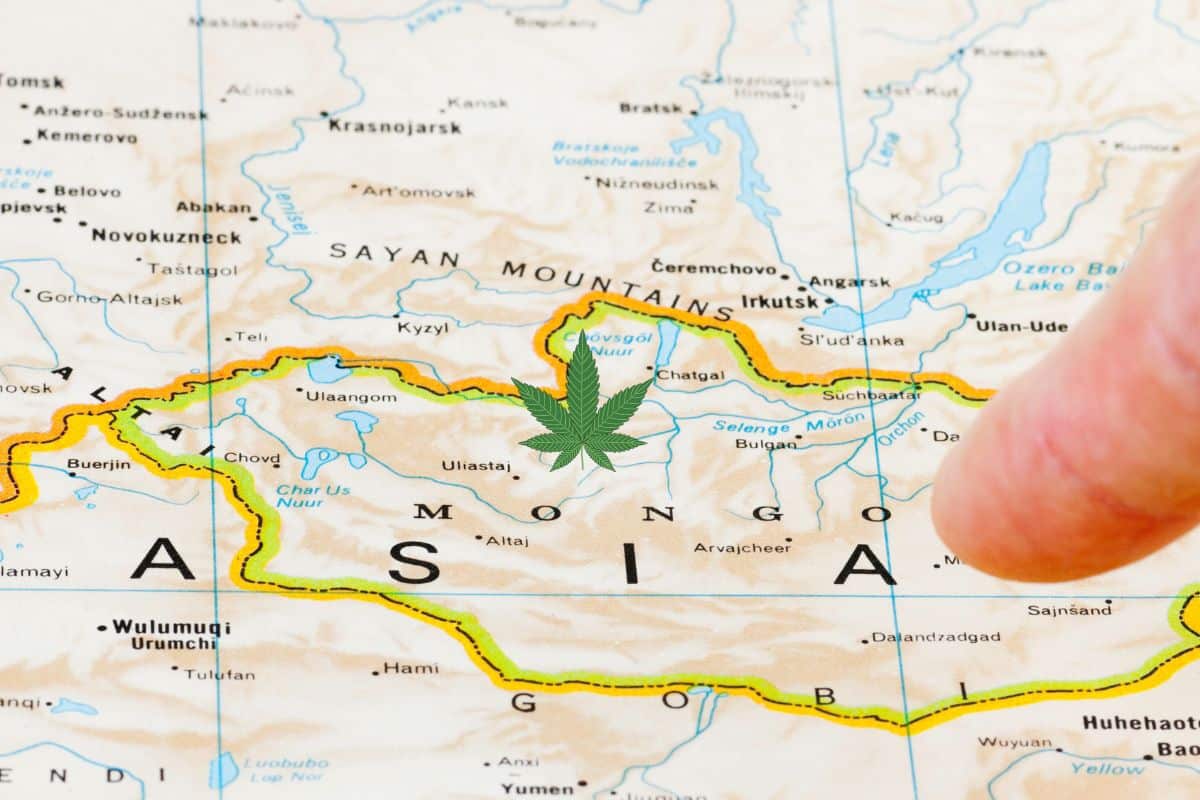
Asian Stance on Cannabis
In Asia, the stance on cannabis varies significantly from country to country. While some countries have taken steps towards cannabis legalization, others maintain strict punitive measures against its use and distribution.
In Thailand, for example, the government has legalized medical marijuana, making it the first Southeast Asian country to take such a step. Medicinal cannabis is used for treating certain conditions, such as cancer and epilepsy, under strict regulations.
In contrast, Singapore has some of the harshest drug laws in the region. Possession, use, or distribution of cannabis is strictly prohibited, and offenders may face severe penalties, including long prison sentences and even the death penalty for high-level trafficking cases.
Laos, similar to other Southeast Asian nations, continues to maintain strict laws against cannabis use, cultivation, and distribution. Legal consequences for drug offenses in Laos include imprisonment, fines, and even capital punishment.
India, on the other hand, has a more complex relationship with cannabis. The plant has been used for traditional and medicinal purposes for centuries in India. However, in 1985, the Narcotic Drugs and Psychotropic Substances (NDPS) Act criminalized cannabis production, distribution, and consumption. In recent years, some Indian states have started to reconsider their stance and advocated for the medical use of cannabis.
In Indonesia, cannabis remains illegal, and those found in possession, using, or distributing the drug can face severe criminal penalties, including imprisonment and fines. Regional governments have shown no indication of softening their stance on cannabis in the foreseeable future.
Lastly, North Korea presents an interesting case. While official information about the country’s stance on cannabis is limited, some reports suggest that the plant is not considered an illicit substance and might even be casually cultivated and used. However, the validity of such claims remains uncertain due to the nation’s secretive nature.
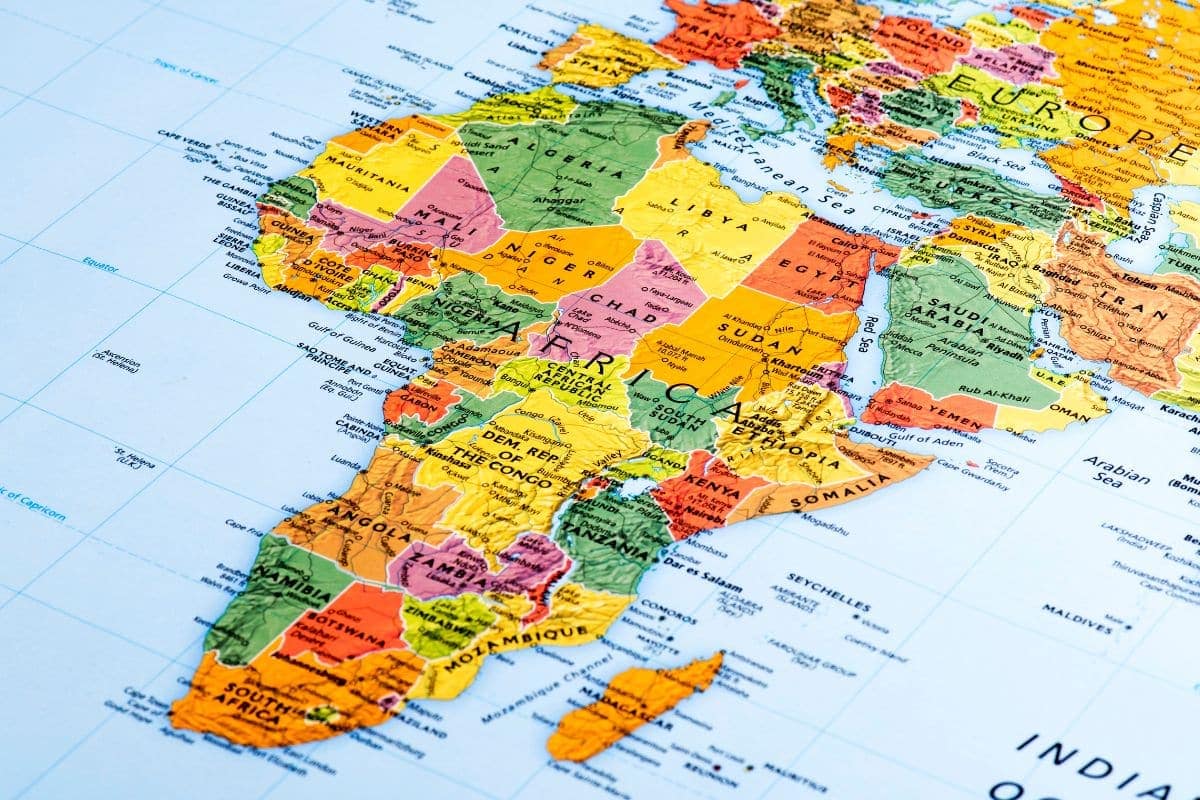
Cannabis Laws in Africa
In Africa, the legal status of marijuana varies across different countries, with some nations implementing more progressive laws than others. In recent years, there has been a shift towards relaxation and reconsideration of cannabis laws in some African countries.
In South Africa, marijuana cultivation for personal use was decriminalized in 2018, following a Constitutional Court ruling. Private consumption of marijuana by adults in their homes is allowed, but the sale and distribution are still prohibited. The South African government is also considering the commercial legalization of marijuana, with potential benefits such as boosting the economy and reducing illicit drug trade.
Rwanda and the South African region have also embraced the use of medical marijuana, leading to growing investments and interest in the burgeoning industry. The Rwandan government, for instance, has approved the production and export of medical cannabis. However, recreational use remains illegal in both countries.
In contrast, countries like Nigeria, Kenya, and Uganda continue to enforce strict anti-cannabis laws, with possession and trafficking punishable by imprisonment or fines. These nations have not yet shown interest in adopting more lenient cannabis legislation.
It is important to note that while some African countries are making strides in reforming their cannabis laws, marijuana remains illegal in many others. As the global attitudes towards cannabis continue to evolve, it remains to be seen how the legal landscape in Africa will change.
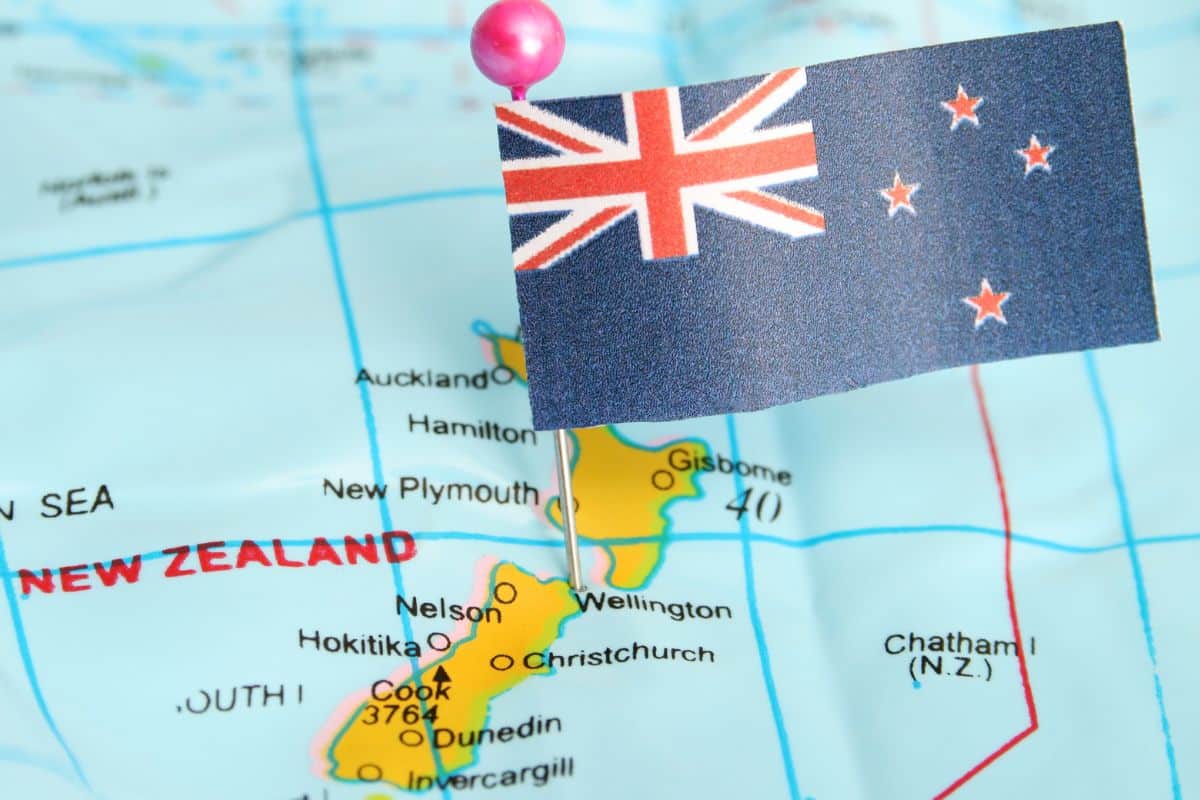
Oceania and Marijuana Laws
In Oceania, marijuana laws vary significantly from one country to another. Some countries have made strides in cannabis legalization, while others continue to enforce strict prohibition policies.
In Australia, medical cannabis has been legal since 2016, allowing patients with certain medical conditions access to marijuana-based treatments. The regulatory framework around medical use is relatively strict and requires patients to obtain approval from the Therapeutic Goods Administration (TGA). The cultivation and possession of cannabis for recreational purposes, however, remain illegal at the federal level.
That being said, some Australian states and territories have different stances on recreational cannabis. The Australian Capital Territory (ACT) became the first territory in Australia to legalize the possession and cultivation of marijuana for personal use in January 2020. Adults in the ACT can now possess up to 50 grams of dried cannabis and cultivate two plants per person or four plants per household, without facing legal consequences.
In contrast, some countries in Oceania continue to enforce prohibitionist approaches. For example, in Papua New Guinea, marijuana is illegal, and its use can lead to imprisonment, fines, or both. The same applies to other countries in the region, where the cultivation, possession, and use of cannabis remain strictly prohibited.
It is important to note that international treaties and regional organizations play a role in shaping marijuana laws in Oceania. Many countries, including those in the Pacific, have signed the United Nations’ international drug control treaties, which typically condemn and sanction marijuana. These agreements tend to influence each country’s national drug policy and encourage nations to enforce strict regulations on cannabis cultivation and consumption.
In summary, Oceania presents a diverse landscape in terms of marijuana laws. Some countries, such as Australia, have made significant progress in medical cannabis legalization, while others remain firmly committed to the prohibition of this substance. As global trends in cannabis cultivation and control continue to evolve, it will be interesting to see how the countries in Oceania adapt to these changes.
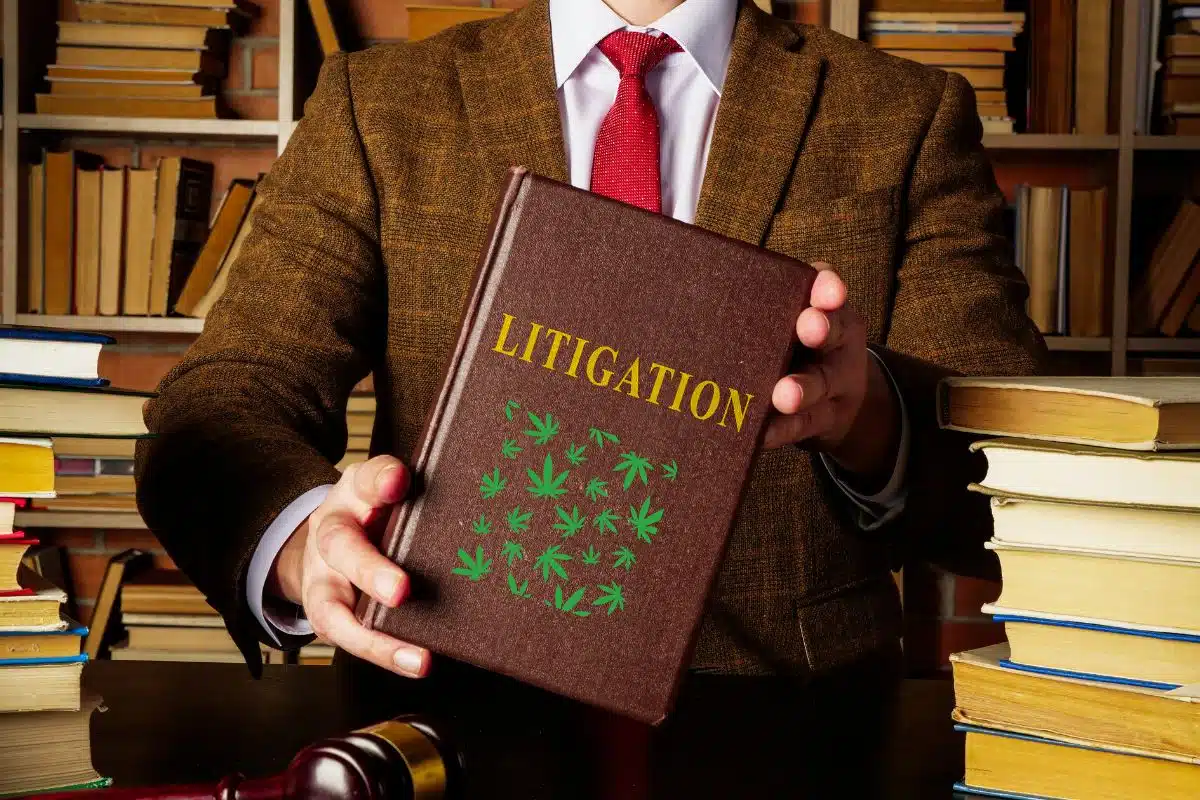
Understanding the Legal Frameworks
Marijuana legalization varies significantly across different countries, primarily based on the legal framework governing the possession and use of the drug. In some countries, marijuana is legalized at a federal level, while in others, legalization is limited to specific states or provinces.
One aspect to consider in the legal frameworks is the allowed use for marijuana – whether recreational, medicinal, or both. For instance, Canada is one of the few countries that have legalized marijuana for both medicinal and recreational purposes. In comparison, numerous countries have legalized marijuana only for medicinal use, such as many states in the United States and some European countries.
Possession is another critical component of the legal frameworks. For example, in some countries, individuals are allowed to possess a certain amount of marijuana for personal use without facing penalties. In Uruguay, possessing up to 7 grams is deemed legal for personal use. Sometimes, possession limits can be higher or lower, depending on the legal status of marijuana in a particular jurisdiction.
Private use is another factor to consider. In some countries like Spain and Belgium, private cannabis clubs are permitted, making marijuana use legal within specific, closed settings. Certain regions allow for the growth and consumption of marijuana within private properties, as long as it is not intended for sale or distribution.
Lastly, understanding the penalties associated with marijuana use and possession is vital. In countries where marijuana remains illegal, the penalties for use and possession can range from fines to imprisonment. Even in countries where marijuana is legal, regulations may still enforce penalties for non-compliance, such as exceeding possession limits or selling the drug without proper licenses.
Overall, understanding the legal frameworks surrounding marijuana use and possession in various countries requires a clear analysis of each jurisdiction’s regulations, legalization status, possession limits, and penalties. It is essential to remain up-to-date with the ever-evolving landscape of marijuana legislation around the world.
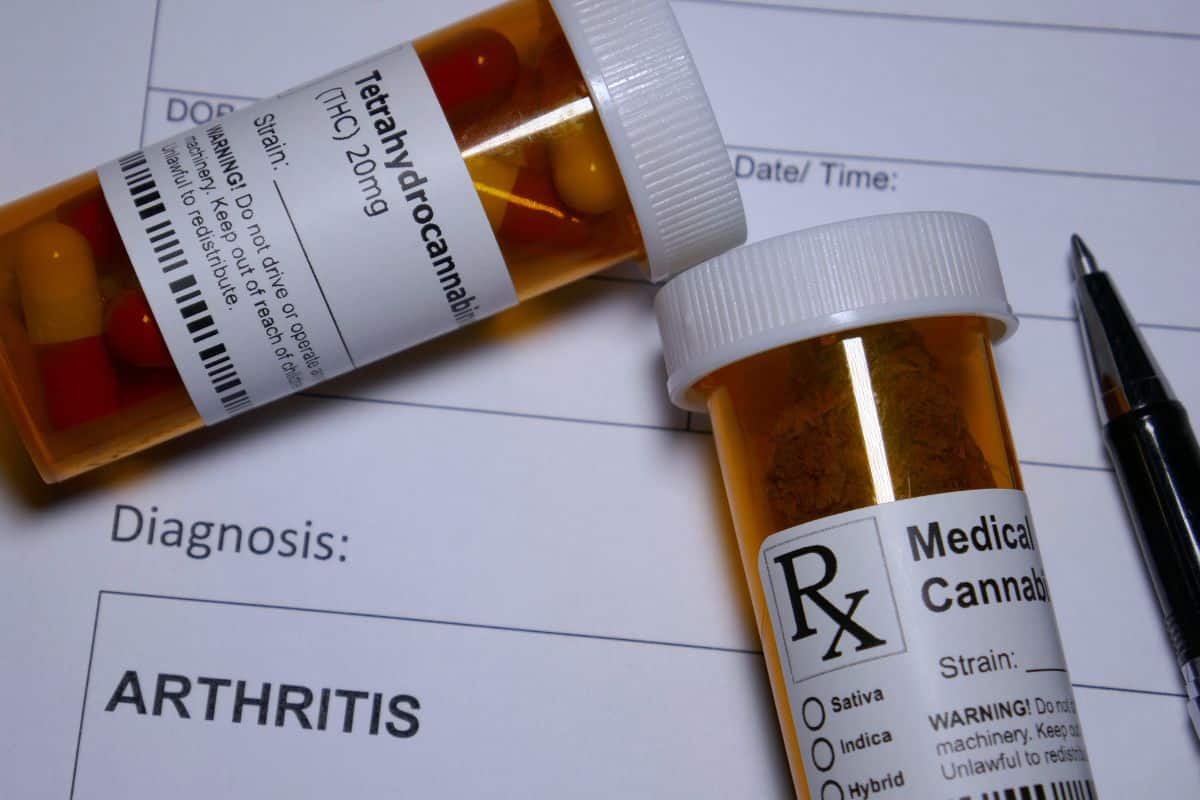
Recreational Vs. Medical Usage
Recreational cannabis and medical cannabis have different purposes and regulations in countries where they are legalized. Recreational use generally refers to the consumption of cannabis for personal enjoyment, while medicinal use is for treating specific health conditions under the guidance of medical professionals.
In some countries, both recreational and medical cannabis are legal. For example, Canada legalized recreational cannabis in 2018, allowing individuals to purchase and consume it for personal use. The legal framework for recreational use exists alongside a well-established medical cannabis system, which has been in place since 2001. Similarly, Uruguay has also legalized the cultivation, sale, and use of marijuana for both recreational and medicinal purposes.
Countries legalize medical cannabis at varying paces. Some African countries have existing or pending medicinal cannabis policies, reflecting global trends in accepting marijuana for therapeutic use. However, it is crucial to note that cannabis is still categorized as ‘mukhaddirat’ (intoxicating) under Sharia law, which influences many African countries’ legal systems as described in this resource.
Differentiation between the two types of cannabis usage is often based on the presence of specific chemical compounds. Recreational cannabis typically contains higher tetrahydrocannabinol (THC) levels, the compound responsible for producing psychoactive effects or the “high” feeling. In contrast, medical cannabis may have a higher cannabidiol (CBD) concentration, a non-intoxicating compound with potential therapeutic benefits. Medical cannabis patients might use marijuana-derived products like CBD oil, tincturescbd, or capsules to alleviate their symptoms.
Regulations on cannabis possession and sale vary across countries and states. It is essential to know local laws and follow them accordingly, as jurisdictions with legalized recreational or medicinal usage might still impose limits on possession, cultivation, and distribution.
In summary, the distinction between recreational and medical cannabis lies in the intended purpose, chemical composition, and the legal context in which they are used. While some countries have embraced both recreational and medicinal legalization, others have only allowed one or the other, and some maintain strict prohibition laws. As societies continue to explore the benefits and challenges of cannabis legalization, this landscape will undoubtedly evolve.

Buying, Growing, and Sales of Cannabis
In several countries around the world, the purchase, production, and selling of cannabis have become legal through various legislation. Buying cannabis has been made easy in these countries by providing authorized retail shops and sometimes even allowing sales through online platforms. For instance, in some parts of the United States, customers can visit licensed dispensaries to buy products, while in the Netherlands, renowned coffee shops offer cannabis for sale.
When it comes to growing cannabis, different countries have their unique regulations. There are nations where growing at home is permitted either for personal use or from a licensed cultivation center. For example, in Canada, adults can legally grow up to four plants per household for personal use. Here are a few more examples:
- Spain: Private cultivation allowed, while cannabis clubs provide access to members.
- Uruguay: Home cultivation or membership to a cannabis club permitted.
Selling and distribution of cannabis usually involve a set of regulations to ensure proper licensing and adherence to quality standards. In some countries, sales are strictly limited to government-controlled stores, while others allow licensed private retailers to participate in the market. In Washington state, for instance, the legal market saw about 30 million cannabis sales with an increasing trend in potency since its legalization.
A noteworthy mention is the cannabis club trend in countries like Spain, where private, nonprofit organizations provide a platform for members to access cannabis. These associations generally operate within a legal grey area and are allowed only for adults who are registered and adhere to specific club rules.
In summary, the buying, growing, and selling of cannabis vary significantly across countries with legal frameworks for its use and distribution. From home cultivation to cannabis clubs and licensed retail shops, the landscape is diverse, confident that the market continues to evolve as more countries shift towards the legalization of cannabis.

Enforcement and Penalties
In countries where marijuana is legal, the enforcement of cannabis-related laws and penalties for violations may vary significantly. It’s crucial to understand the differences in each country’s approach as they reflect the varying degrees of tolerance and control.
For example, in Australia, the decriminalization of cannabis has led to a decrease in the severity of penalties and a shift towards imposing fines for minor offenses. Additionally, the cost spent on marijuana enforcement has declined, reflecting a more lenient approach to cannabis use.
Similarly, European countries that have decriminalized marijuana also experience a range of enforcement and penalty structures. Policies in these nations have reduced the penalties associated with possession or use, aiming for a more progressive approach in regulating cannabis use.
In the United States, the enforcement and penalties surrounding marijuana use vary between states. Some states have decriminalized possession of small amounts, treating it as a misdemeanor instead of a criminal offense. This typically results in smaller fines and no jail time for first-time offenders.
It is important to note that despite the varying levels of marijuana legalization worldwide, unregulated distribution and trafficking of the substance often remain criminal offenses, punishable by law. This is to prevent black market operations and ensure public safety.
To sum it up, enforcement and penalties in countries where marijuana is legal differ considerably based on each nation’s policies, societal attitudes, and safety concerns. While penalties for minor offenses tend to be less severe in these countries, the illegal distribution of cannabis can still lead to serious consequences.

Role of Citizens and Residents
In countries where marijuana is legal, the role of citizens and residents may vary based on the specific rules and regulations instated by their respective governments. Generally, adult citizens and residents are allowed to possess and consume marijuana within certain limits, often for recreational or medicinal purposes.
For example, in Uruguay, the government has implemented a significant role in marijuana regulation and commercialization. Adult citizens and residents can legally buy marijuana from authorized pharmacies, as well as grow a limited number of plants at their residence for personal consumption. This policy aims to combat organized crime and prevent marijuana-related health issues.
In the United States, some states have legalized marijuana for recreational and medicinal purposes, allowing eligible adults to possess, consume, and sometimes cultivate marijuana. Nevertheless, public opinion concerning the legalization of marijuana varies between states, and rules differ regarding marijuana possession, sales, and cultivation at the state level. Some determinants of public support include opinions about the role of state intervention, public safety perceptions, and economic benefits.
In countries where marijuana is legal, citizens and residents are responsible for adhering to the set laws and guidelines on marijuana use. Non-compliance can result in penalties or legal consequences. They are also encouraged to be well-informed on their marijuana rights and responsibilities.
Overall, the role of citizens and residents in countries with legal marijuana involves following established rules and regulations for responsible consumption and cultivation. They must be aware of the evolving legislations surrounding marijuana and contribute to shaping an environment that prioritizes public health and safety.
Conclusion
The legalization of marijuana has been a controversial issue in many countries, as governments have grappled with creating responsible policies and regulations concerning its use. Those in favor of legalization argue that it would reduce criminal activity, generate revenue through taxation, and allow for better quality control. Some countries have adopted this approach, easing restrictions on marijuana use, and in some cases, fully legalizing it for recreational and medical purposes.
In the United States, several states have legalized marijuana for recreational use, while others have implemented medical marijuana programs. Washington state, for example, has seen a continuous increase in support for marijuana legalization since its implementation in 2012. Other countries, like Canada, have enacted nationwide legalization of marijuana, making it legal for both medical and recreational purposes.
The diversification of cannabis supply laws around the world has led to varying regulatory models, which necessitate ongoing evaluation and research to understand their implications on public health and safety. Lessons can be drawn from the experiences of those countries and states that have legalized marijuana, providing insights into optimal policy strategies.
Governments play a crucial role in the development and implementation of marijuana legalization policies, as well as in providing public education and resources to help guide individuals in making informed decisions about marijuana use. As more countries consider revising their marijuana laws, it is vital that they look to the existing evidence and lessons learned from those who have already gone through the process.
Legalizing marijuana is a complex issue that requires thoughtful, evidence-based policies and a comprehensive approach to education and enforcement. By analyzing the experiences of countries and states where marijuana is legal, governments can better understand the most effective ways to implement and regulate marijuana laws while maintaining public health and safety as a top priority.
Frequently Asked Questions
In which countries has marijuana been decriminalized?
Marijuana has been decriminalized in several countries around the world, including the Netherlands, Portugal, Czech Republic, and Jamaica. Decriminalization means that the use and possession of small amounts for personal consumption are no longer subject to criminal penalties, but may still be punishable by fines or educational measures.
What are some countries with legal medical cannabis?
Medical cannabis has been legally approved in many countries such as Canada, Germany, the United Kingdom, and Israel, among others. Each country has its own set of regulations and restrictions on the production, distribution, and use of medical cannabis.
Which places have fully legalized recreational marijuana?
Recreational marijuana use has been fully legalized in a few countries like Canada and Uruguay. Additionally, several states in the United States have also legalized recreational marijuana use, despite the fact that it remains federally illegal.
How do marijuana regulations vary between countries?
Marijuana regulations vary greatly between countries. Some have strict prohibition laws, while others have decriminalized personal use or even legalized both medical and recreational use. Differences in regulation can also include aspects like the legal age for consumption, taxation, licensing for production and distribution, and limitations on the amount that can be grown or possessed.
What are some common marijuana policies worldwide?
Some common marijuana policies include limiting the use and possession to medical purposes, decriminalizing personal use and possession, allowing home cultivation, and establishing retail markets for recreational use. These policies, although varying widely in specifics, often aim to regulate the cannabis market in a controlled manner and reduce the potential harms associated with illegal drug trade.
Are there any countries considering marijuana legalization in the near future?
Various countries are considering the possibility of marijuana legalization in the near future, as they observe the effects of existing policies in places like Canada and Uruguay. Mexico and New Zealand have had recent debates and referendums over the issue, while other countries like Spain and Italy are also discussing potential reforms. It is essential to keep in mind that legislation and public opinion can change rapidly, and what might be considered in the near future could evolve as more information becomes available

